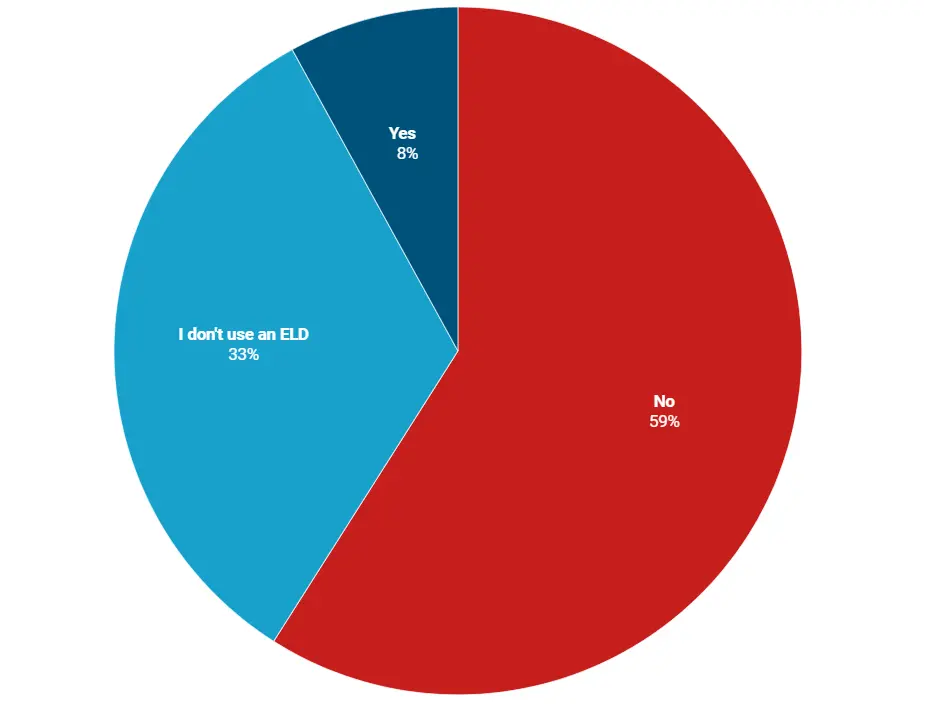The Federal Motor Carrier Safety Administration (FMCSA) made a significant announcement on February 29, revealing the revocation of five electronic logging devices (ELDs) from its list of approved gadgets. This move underscores the agency’s commitment to ensuring the highest standards in road safety and regulatory compliance. The devices that have been removed include the:
It’s worth noting that this isn’t the first time for some of these devices; both the KSK ELD and CI ELD Logs had faced revocation before, only to be reinstated after addressing previous concerns.
The decision to revoke these devices stems from their failure to meet the stringent requirements outlined in the 49 CFR part 395, subpart B, appendix A. This section of the federal regulations details the necessary functional specifications that ELDs must adhere to. The FMCSA’s action prompts carriers and drivers using the affected devices to immediately cease their use, reverting to paper logs or alternative logging software until a compliant ELD can be installed. The deadline set for this transition is April 28, marking a critical date for affected parties to ensure they remain compliant with federal hours of service recording requirements.

Interestingly, a poll conducted among Overdrive readers throughout January and into February has revealed that the impact of the FMCSA's crackdown on non-compliant ELDs has been relatively minor so far. Despite several devices being revoked over the past couple of years, only a small fraction of respondents indicated the challenge of navigating a crowded market with numerous ELD providers. Specifically, 4% of those polled had to find replacements for their devices after their provider went out of business, highlighting the ongoing adjustments within the industry.
The FMCSA has outlined a clear path for ELD providers to regain their certified status. By addressing all identified deficiencies, providers can have their devices re-listed as registered and compliant, a move that the agency will communicate to the industry. During the 60-day grace period for replacing devices, safety officials are urged to exercise leniency, refraining from citing drivers for not having a record of duty status or using a non-registered ELD. Instead, they are encouraged to review drivers’ paper logs or rely on the ELD display as a backup verification method.
Amidst these regulatory adjustments, some individuals are seeking exemptions from the ELD mandate. One such case involves Albert Ibraimi, a new owner-operator with limited resources, who has petitioned the FMCSA for a waiver. Arguing that the funds required for an ELD would be better invested in enhancing operational safety, Ibraimi’s request highlights the financial pressures faced by smaller operators. The FMCSA is currently inviting public comments on his exemption request, demonstrating the agency’s openness to considering individual circumstances in its regulatory framework.
In another development aimed at enhancing road safety, Convoy Technologies, a trucking tech company, has requested a waiver from the FMCSA to allow the use of its Electronic Rear View System (ERVS) as an alternative to traditional rear-vision mirrors. This request reflects the industry’s ongoing exploration of advanced technologies to improve visibility and safety for commercial motor vehicles. With a similar exemption previously granted to Stoneridge for its camera-based visibility system, Convoy Technologies’ petition signifies the potential for regulatory evolution in favor of technological innovation.